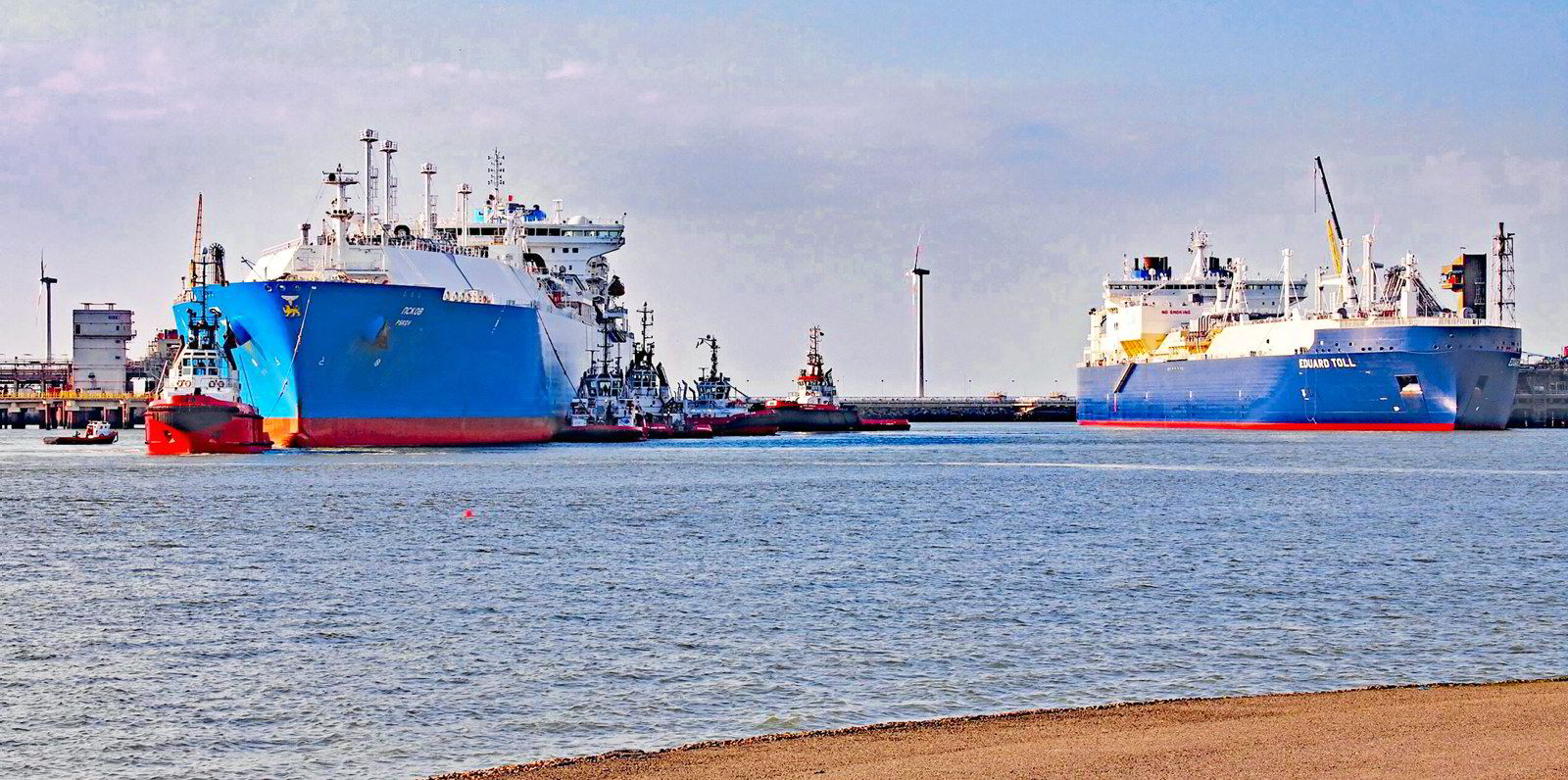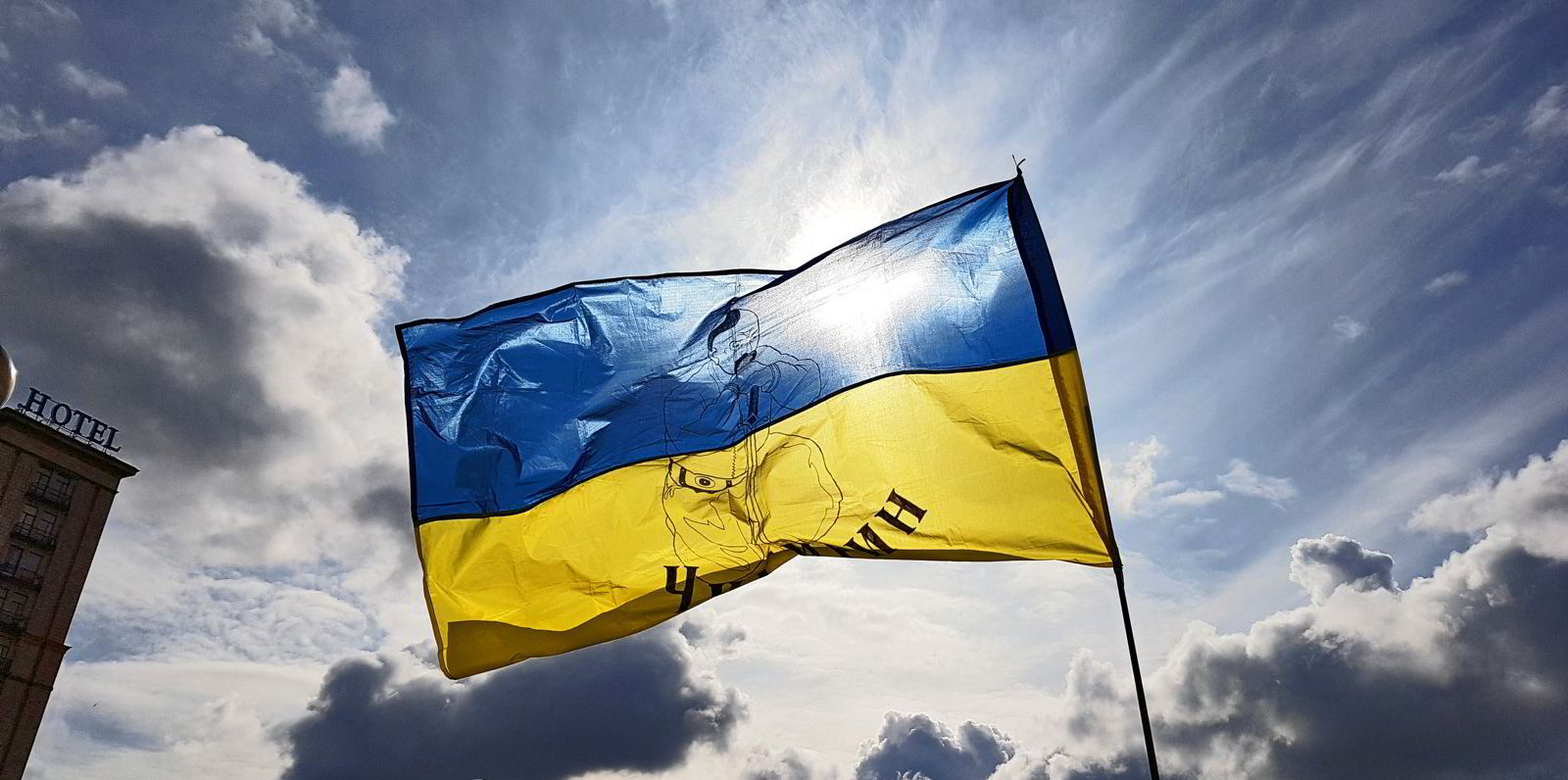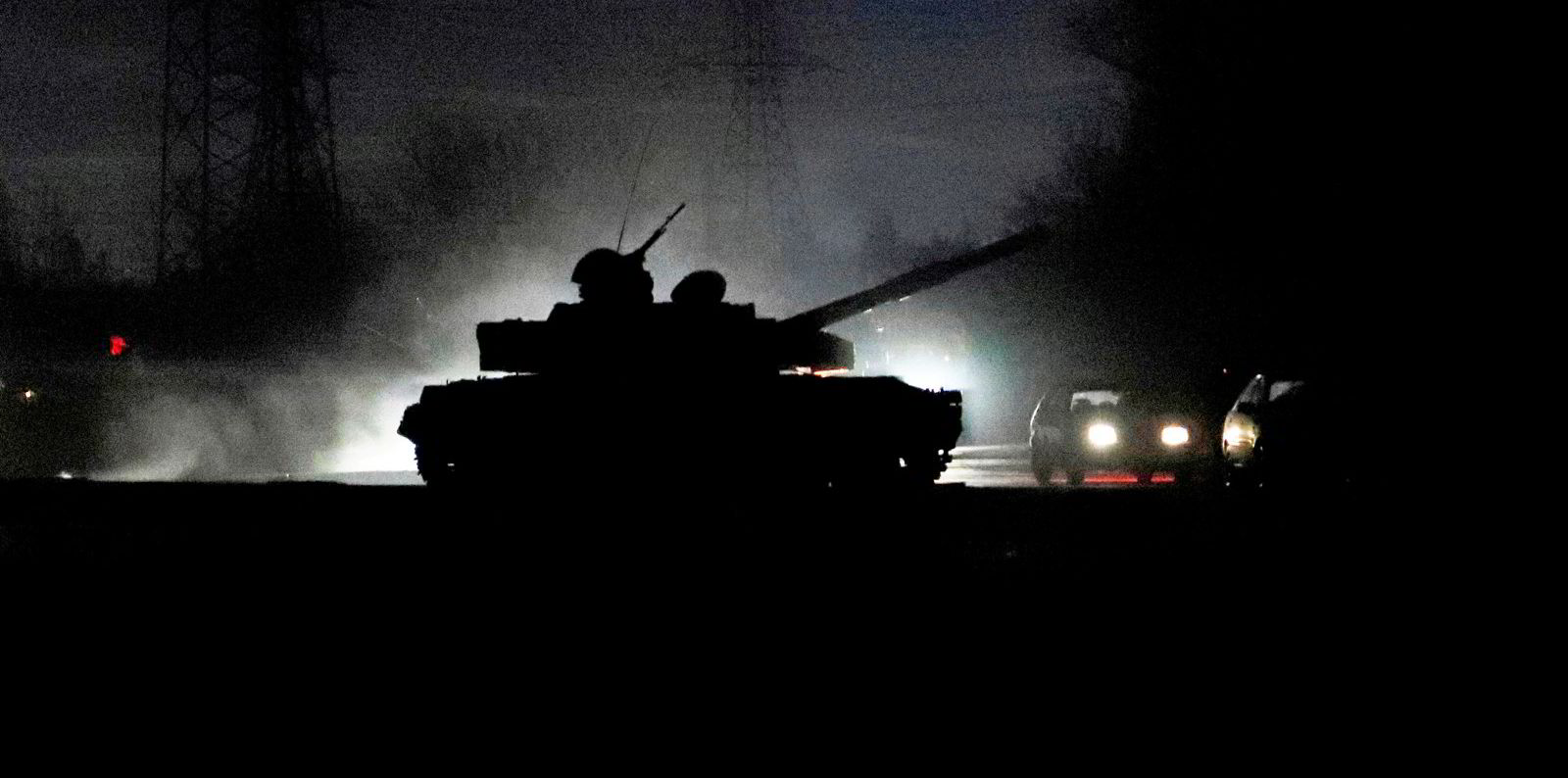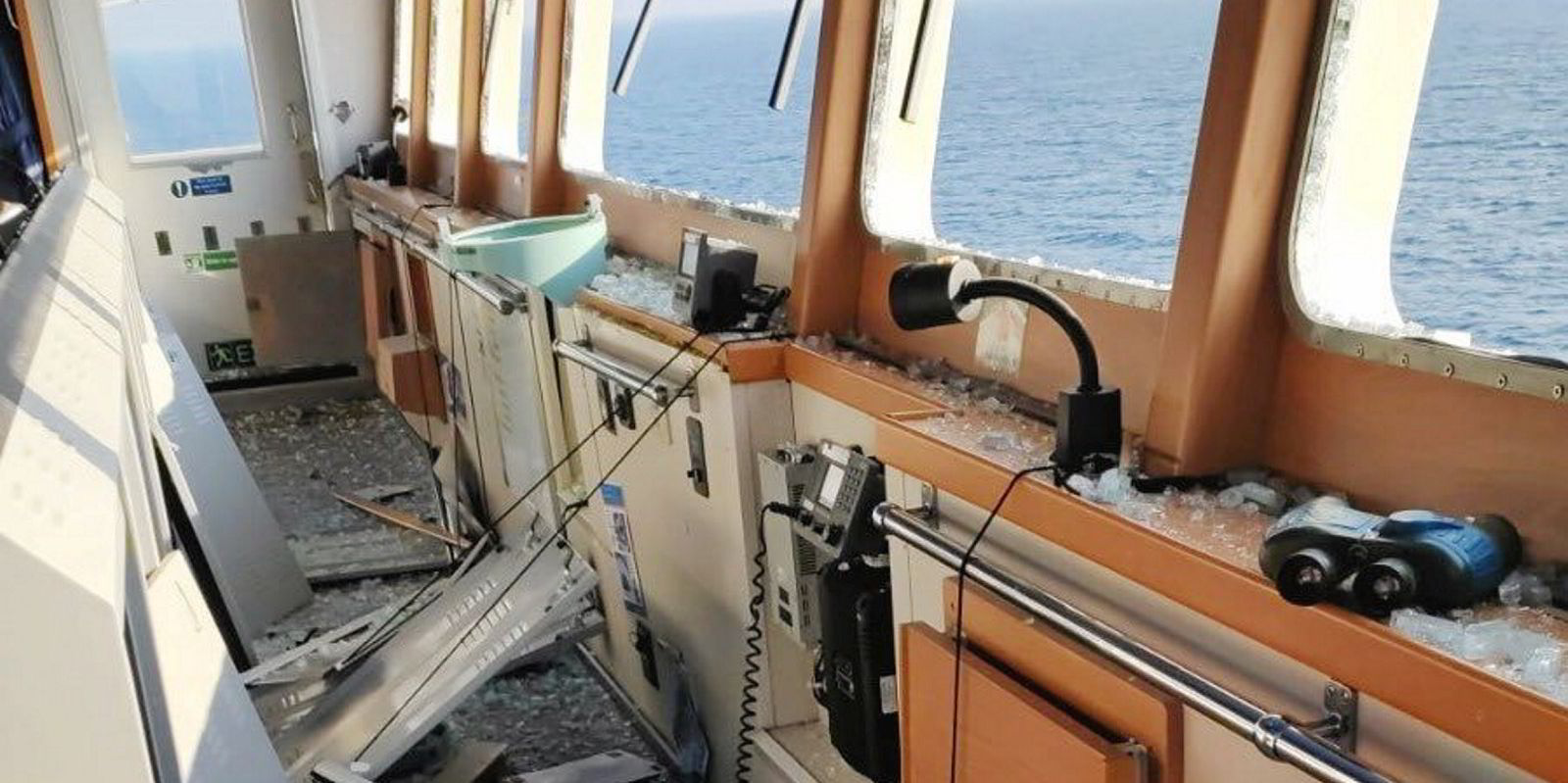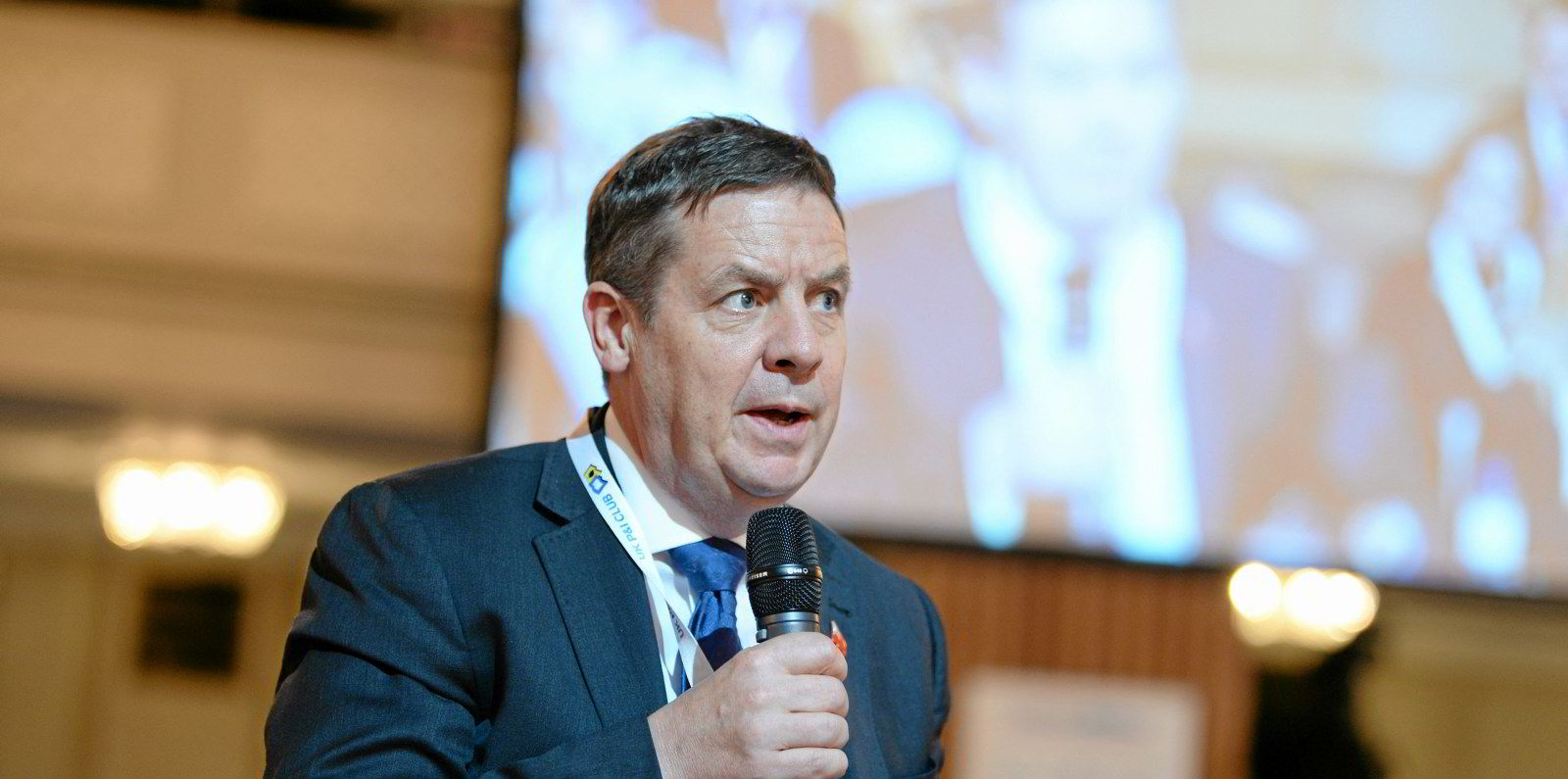Russian-produced LNG cargoes are scheduled to be discharged in Belgium and France in the next few days as the West prepares to hit Russia with crippling sanctions following its invasion of Ukraine today.
Kpler data shows the 172,636 -cbm Georgiy Brusilov (built 2018) is due at Belgium’s Zeebrugge LNG terminal on 25 February.
The 172,652-cbm Georgiy Ushakov (built 2019) is currently scheduled to arrive at the Dunkerque LNG terminal on 27 February.
The shipments are due to land as western nations begin to unveil the strictest sanctions yet on Russia.
The invasion of Ukraine in the early hours of Thursday morning has hiked energy prices on fears that Russia will cut supplies of oil and gas to Europe. The wholesale gas price jumped 30%.
LNG shipping market players highlighted the complex uncertainties for the sector on Thursday.
Simpson Spence Young head of LNG Toby Dunipace said reliable LNG and pipeline flows from Russia look very uncertain in the wake of the new wave of sanctions.
“We are struggling to see any near time bullishness for the spot LNG shipping sentiment, European gas prices have jumped and the likelihood of longer tonne miles — and an open west-east arbitrage — looks very unlikely at this point in time,” he said.
“The Atlantic tonnage list grows and most players are watching the situation very closely.”
But there could be another take on how the market will play out in the crisis.
Dunipace said the ongoing uncertainty may cause relet and portfolio players to be more cautious and pull their length reducing the amount of tonnage on availability lists.
“If this does happen then that could bring a more bullish feel to the market. Although the time of year is not helping, as we are in the shoulder month period,” the broker said.

“On a more positive note, we envisage that there may be benefits for the mid-long-term view as this situation could catalyse more final investment decisions on liquefaction projects. The extent of Russian sanctions also could be a positive for freight further down the line, but it is too early to tell.”
Giving market perspective to Europe’s gas situation, on Wednesday consultant Wood Mackenzie principal analyst for Europe gas research Kateryna Filippenko said: “Mild weather and increased LNG supplies have softened the impact of continuously low Russian flows and resulted in higher volumes of gas in storage.”
She said Wood Mackenzie’s analysis shows that in January-February this year, there was more LNG in Europe’s gas system than Russian gas.
The analyst said high prices will likely remain through 2022 which will attract more cargoes into Europe reducing requirements on Russian gas through the year.
But she warned that 2023 will be more challenging with lower LNG supply for Europe.
“If all Russian gas is cut off, Europe would have no chance of coping,” she said.
Filippenko said Europe could well muddle through in the short term but in the face of a prolonged disruption she warned it would face “a catastrophic situation” of gas storage being close to zero for next winter.
“Prices would be sky-high. Industries would need to shut down. Inflation would spiral. The European energy crisis could very well trigger a global recession.”
TradeWinds reporters across the globe are covering the shipping implications on the Russia-Ukraine crisis.
